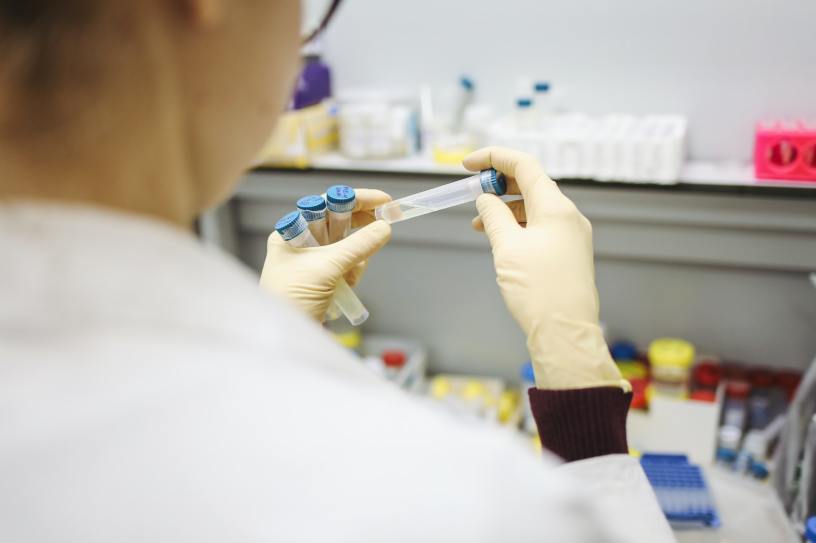A preliminary international agreement reached on a waiver of intellectual property rights for COVID-19 vaccine producers would reportedly exclude China from being able to access foreign patents.
Amid the global health fallout of the COVID-19 pandemic, in late 2020 India and South Africa submitted to the World Trade Organization (WTO) a proposal to strip vaccine producers of the intellectual property rights guaranteed under the Agreement on Trade-Related Aspects of Intellectual Property Rights (TRIPS). The proposal would allow any country to access the patents for COVID-19 vaccines, their underlying technology, and their components so that they could theoretically be produced anywhere in the world.
After almost a year and a half of negotiations, on Wednesday the United States, European Union, India, and South Africa reportedly reached a tentative agreement on a TRIPS waiver for patent rights to COVID-19 vaccines. The agreement does not apply to the trade secrets behind the vaccine technology nor does it apply to therapeutics or other non-vaccine medical products.
As part of this initial agreement (as reportedly outlined in this document according to STAT), only developing countries who exported less than 10% of total world vaccine exports in 2021 are eligible to use the patent rights of private companies through the waiver. This would mean that China, and likely Russia, will be excluded from the rights to the patents of Pfizer, Moderna, AstraZeneca, and Johnson & Johnson vaccines. India would fall below the 10% threshold and would gain access to the vaccine patents.
Critics of the TRIPS waiver effort have previously expressed concern over the prospect of handing state-of-the-art American mRNA technology over to China and Russia, who each already engage in large amounts of intellectual property theft against American companies. U.S. Senate Finance Committee Ranking Member Mike Crapo (R-ID), for example, proposed an amendment to the U.S. Innovation and Competitiveness Act last year which would prevent China and Russia from gaining access to American vaccine technology through a TRIPS waiver. Others have noted that a TRIPS waiver may no longer be necessary at all, given that over 24 billion doses of COVID-19 vaccines will be produced globally by mid-2022, enough for everyone in the world to get vaccinated and boosted.
China, on the other hand, has supported implementing a broad TRIPS waiver for COVID-19-related technologies since last year, purportedly in order to gain access to U.S. and European medical technology and intellectual property themselves. Whereas the efficacy of the Pfizer-BioNTech and Moderna vaccines have been consistently found to be above 90%, China’s CoronaVac had just a 51% efficacy level. The new preliminary agreement would stymie the PRC’s goal of gaining access to stronger vaccine technology for their own use during this pandemic and in the future.
Any finalized agreement on a TRIPS waiver must be approved unanimously by the full 164-member WTO body prior to being implemented. The waiver therefore could be blocked by any number of countries: a developed vaccine producer like the United Kingdom who does not want the intellectual property of their companies to be seized; a small country who opposes an IP waiver on a basis of principle; or China and Russia, who may take exception to being cut out of the deal.
WTO members will meet at the Twelfth WTO Ministerial Conference on June 13, 2022 in Geneva.

